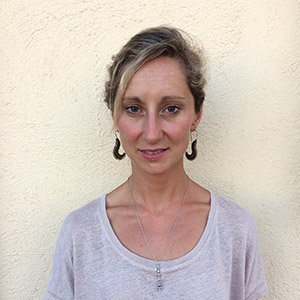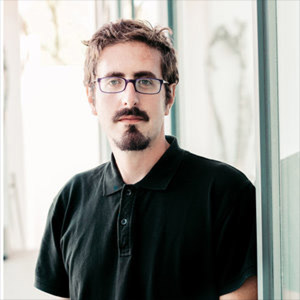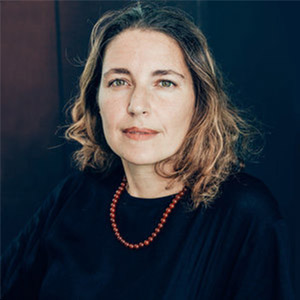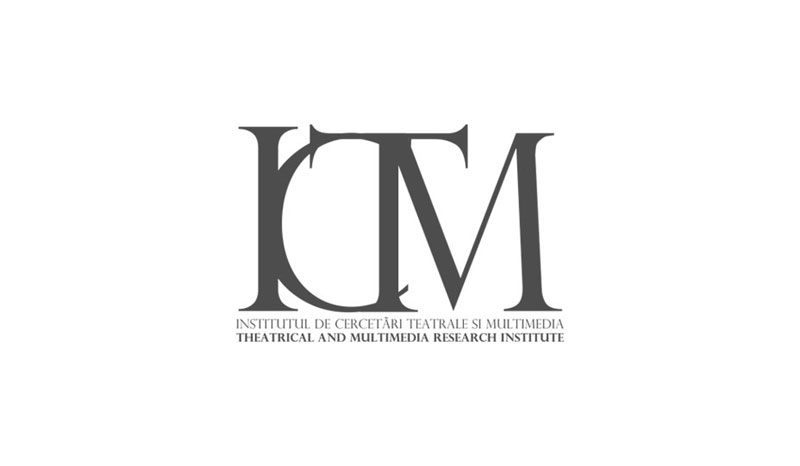TARGET GROUP NEED IDENTIFICATION
Photo Credit / Institute of the Arts Barcelona
In order to develop a suitable capacity building intervention as envisaged by the “Make a Move” project, the target group needs require in-depth research and analysis which was led by the project partner Institute of Arts Barcelona (IAB) .
The purpose of the target group needs identification and elaboration is to inform the capacity building exercises envisaged for execution during the Galway, Rijeka and Targu-Mures labs and to center on the following topics: (1) Artistic Excellence in the field of non-institutionalized and Independent Theatre Practice; (2) Business Model (3) Audience Development.
Researchers
Target Group Needs Identification Report
“The research aim is to evolve into a useful and approachable guide not only for the Make a Move partners and associates, but also for the whole target group that is contemporary European independent theatre makers.”
Photo Credit / Institute of the Arts Barcelona
Summary of the Target Group Needs Research
The project steering committee members – non-institutionalized theatre practitioners from 5 European countries (Croatia, France, Norway, Austria, Spain) – have sketched out the target group needs during the three Make a Move project development workshops which took place in Rijeka (December 2016, June and October 2017) and proposed the topics: Business, Artistic Excellence and Audience Development.
Since October 2018, the IAB expert researchers Armando Rotondi, Valentina Temussi and Dasha Lavrennikov, in collaboration with the project partners and the project steering committee, have been engaged in enhancing the currently available knowledge on the target group needs.
Their research is composed by a theoretical part and a mapping on festivals, markets, funding institutions and potential partner companies.
The central challenge of the Target Group Needs Research has been to concisely define the transient notion of independent and non-institutionalized contemporary European theatre. This mapping process has been set up acknowledging the diversity of past and present performing arts manifestations in the countries, cultures, and arts dedicated bodies and institutions, that make up Europe today.
In terms of structure the first output of the research work is divided into two main parts:
Part I
Part I refers to the theoretical framework related to non-institutionalised and independent theatre, looking at the three main mentioned aspects/priorities:
Artistic Excellence, Business Model and Audience Development.
The Artistic Excellence has been investigated considering first of all the definition itself of non-institutionalised and independent theatre, due to the difficulties to trace a common understanding that has validity in different geographical and cultural context in Europe.
Starting from the concept of cultural and symbolic goods as advanced by Bordieu, the Business Model, which goes together with elements of Audience Profiling and Development, proposes a possible approach that moves from the perspective of the experiential economy and marketing.
Part II
Part II is mapping of the international environment with specific selection lists, in order to facilitate the work of fundraising and partnership.
These lists include: theatre festivals, companies, funding institutions and others.
The historical path that is at the base of this research is the evolution of the mise en scène and the role it plays in the theatre problematic from the 20th century.
In this trajectory as the theatrical staging process becomes more independent from the text, the role of the director and the role of the actor change, and the Space is not only expressed by the scenography but also by the movement of the actor on stage and his relationship with the space around him.
- A sign of this throughout time is:
emergence of theatre practices where the use of the actor’s body is central to the point of dictating the entire aesthetic of the performance - diversification of the theatre spaces, or the complete disappearance of the theatrical space in its classical meaning
One of the central demands for artists and collectives working in independent theatre today is to amplify the field of dialogue both in the artistic part of their work, the process of creation and performance, and in the organization part, the relationship with institutions, curators and scholars of partnering artistic fields.
Despite shared concerns and struggles, independent and non-institutionalized contemporary theatre is a phenomenon in flux that is sustained, characterized and enriched by artistic processes. These persist in their transience and hybrid nature – like the body – as a field of forces and relations in persistent flux.
In the historic frame where this research is placed the perspective of freedom and autonomy that are at the core of independent theatre finds its roots in the European theatre history trajectory of the mise en scène.



